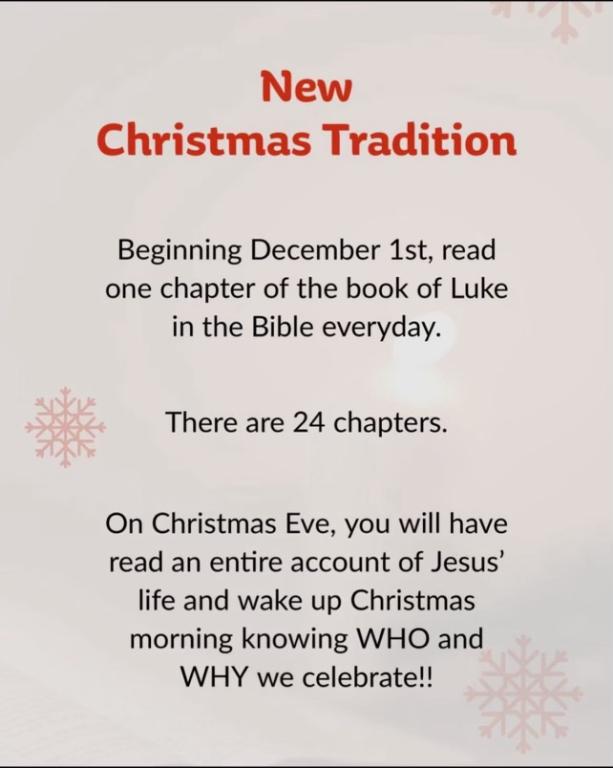I recently totally shocked a lovely, younger, faithful Christian friend by telling her I thought we should stop teaching the Bible to children.

Scene One: The Bible Study
The Bible study group was small for our last meeting. I almost wanted to put off the lesson because it was one of my best. I wanted more to know about it (a little personal pride perhaps?) but changed my mind.
And so we began that particular lesson on Luke 15. At the end of the discussion, we looked at one another, all a bit shaken yet again by this deep plunge into holiness that was leading us all into unexpected places. [At this link is my modern take on Luke 15 that may provide some insight here.]
About this study: over a year ago, a woman who lives in my neighborhood asked me if I would consider teaching a Bible study for some women who live here. Note: when I write “neighborhood,” I mean a relatively sizeable gated community that, in many ways, functions like a church but, as I have often said, without the redemptive factor. Nonetheless, for many who live within these walls, most of our social lives and charitable efforts revolve around other neighborhood residents.
Anyway, my response to her was: “I can’t imagine that you’ll find any takers for something I would teach here because of how I approach the Scriptures.”
I live in an area dominated by Baptist and Bible Churches that hold to the complete inerrancy of the Scriptures and see them as something divinely handed down from God to human authors who faithfully inscribed them, leaving them without error or contradictions.
I held this view for a long time until . . . well until I became so fluent in Greek and Hebrew that I knew the stance was not credible. Here is one of many posts about my complicated journey away from the inerrancy stance.
Scene Two: The Invitation
My friend insisted there would be interest. I insisted there would not, but because I loved her, I wrote up an overview that she could hand out. It read this way:
I propose we begin with the Gospel of Luke, the third book of the New Testament. It’s beautifully written, full of great stories, and it raises multiple questions. We’ll take it section by section, not necessarily chapter by chapter, picking out of each section one portion to concentrate on for the day.
To understand better many of these sections, we will take deep dives into the Hebrew Bible and seek to broaden our understanding of the Greek world that Luke came from and the Middle Eastern cultures that inform many of the practices and principles of the Jewish world that Jesus inhabited.
Our time will begin with an overview of the Bible, how it came together, document accuracy, translation challenges, and suggestions on how to read it. We will respect the integrity of the text and seek a greater understanding of it through culturally informed and theologically shaped eyes.
Our time together should be characterized by a generosity of spirit and the joy of honest inquiry. We expect differing opinions and an extensive range of beliefs. It will not be doctrinal in nature, i.e., “this is the one right way to think and/or believe,” but instead is offered to enter more deeply into the Holy Mystery of the nature of God and the world in which we live.
My friend sent out invitations to those she thought might be intrigued. She’s well-connected here and may know more people than anyone else.
Many people she invited did not even respond to her. I was not surprised when she told me, about a week before we hoped to have our initial gathering, that only three had expressed interest.
But then something happened, and we ended up with eleven people total.
The religious backgrounds ranged from Roman Catholic to outright atheist. A sprinkle of Baptists had some familiarity with the Bible, but most had never really looked at it. I knew some of them; others I’d never met before. There were a lot of strangers to each other in the room.
I reiterated the ground rules from the first moment: this is a safe space for all. No criticism for how others believe is permitted. And what happens here stays here.
Scene Three: We really should stop teaching the Bible to children . . . and to adults.
And so we began, spending more time in the Hebrew Scriptures than in the book of Luke because we had to understand that Jesus was Jewish, and his Jewish world informed every single thing that was written about him.
Our sessions have ended with us looking at each other with nearly the same shocked look as reality set in: it is tough to understand the Bible. Just because we might be able to read it in English doesn’t mean we know anything at all. On many occasions, I said to them, “We really should stop teaching the Bible to children. And to adults.”
One of the members of the group recently sent me this graphic and asked what I thought about it:

My response: “Interesting. It is a starting place. However, as you know, I’m not a big fan of uninformed reading of the Bible because it’s so easy to assume that one understands fully what has been read. And this is NOT an entire account of Jesus’ life, so the basic premise of the tradition is wrong. Deep inside, I think this is not a good idea simply because that basic premise is so far off base.”
It’s the arrogance that gets me: just because someone has read one of the Gospels doesn’t mean that the person understands it or has any grasp at all on the larger theological challenges that the life and teachings of Jesus brought to his Jewish world and that have been debated endlessly in the 2000 years since then.
But, to get back to my question, I recently totally shocked a lovely, younger, faithful Christian friend by telling her I don’t think we should teach the Bible to children. What? Don’t we want to hide the word of God in their tender hearts and minds? What is the matter with me? Aren’t I siding with the devil to degrade the passing on of the Bible to the next generations?
Well . . . yes I want the children to know the truths in the Scriptures, but . . . And the “but” has so many layers that I cannot list them all here. So, I’ll give only one: My years-long struggles and anguish with the way the four Abrahamic religions (Judaism, Christianity, Islam, Church of Jesus Christ of Latter Day Saints) tend to interpret their sacred texts in such a way that women end up having very little value.
Many adherents of these faiths, especially those who hold to a literalist base for their interpretative decisions about what they mean, easily close their eyes to the utter debasement of females, one-half of the human race, in practices and principles.
So what do we do if we stop teaching the Bible to children? Well . . . I’m working on coming up with answers for that one. But in the meantime, this group of educated, accomplished, and busy women morphed into a set of friends, full of affection toward each other, and seeking new ways to live lives of genuine goodness to those around us. I call these times together our Holy Moments.













